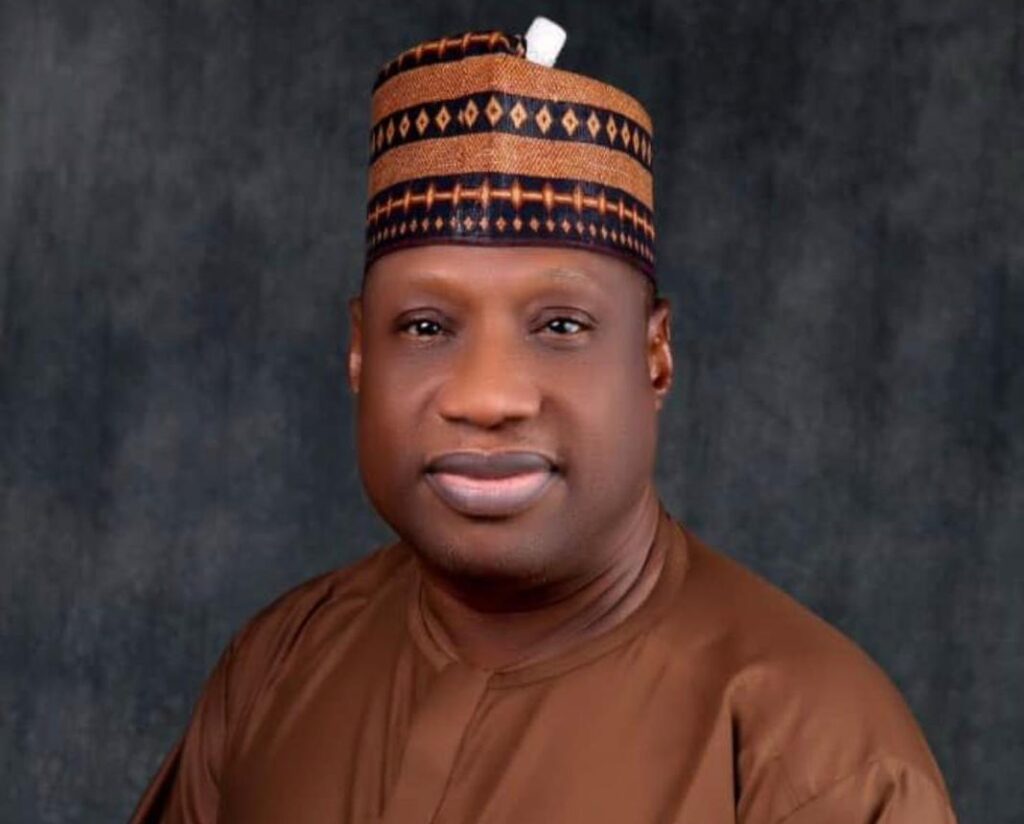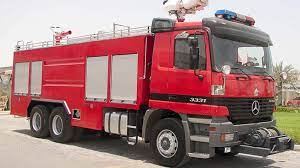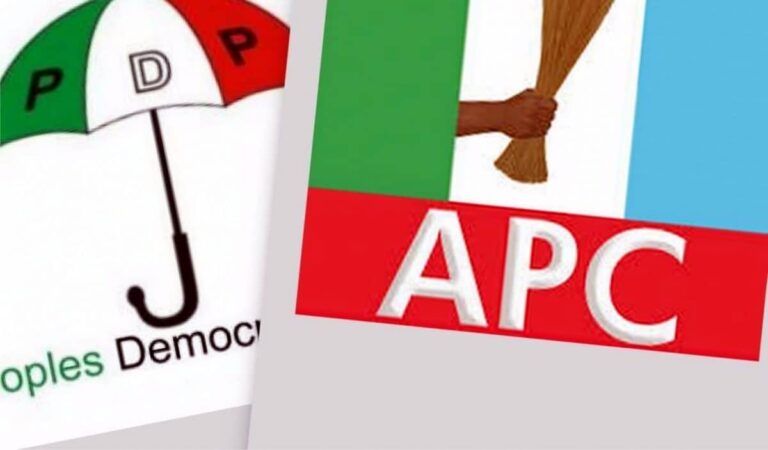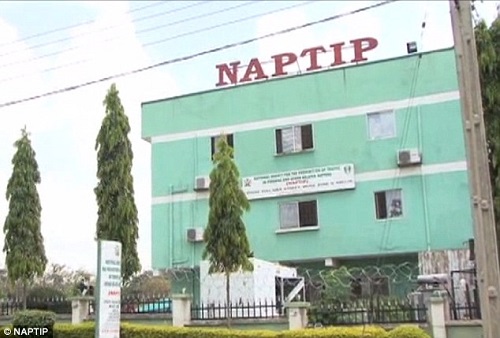
The Director-General of the Nigerian Airspace Management Agency, Farouk Umar, has declared that the current charge of N11,000 per flight imposed on airline operators is no longer sustainable, given prevailing economic realities and the rising cost of maintaining aviation infrastructure.
Umar made this known in Abuja on Tuesday while addressing stakeholders at a summit organised by the House of Representatives Committee on Aviation. The event focused on the theme: “Emerging Trends in Global Aviation: Sustainability, Technology and Digital Transformation.”
Umar explained that the N11,000 fee, which has remained unchanged since 2008, is charged per flight rather than per passenger. He cited an example of a Lagos-to-Abuja flight where airlines pay only N11,000 to NAMA, regardless of the number of passengers carried.
“In 2008, NAMA was collecting N11,000 per flight. From then till now, airfares have risen significantly, with economy tickets now ranging between N150,000 and N200,000, yet we are still charging the same N11,000,” Umar said.
He stressed that the agency is a cost recovery organisation, not a charity, and must recoup the money invested in procuring and upgrading critical aviation infrastructure, including landing, surveillance, and communication systems.
NAMA has invested heavily in state-of-the-art facilities to ensure safety in Nigerian airspace. These include upgraded Instrument Landing Systems, modern radar surveillance technologies, and enhanced communication systems that align Nigeria’s aviation sector with global safety standards.
Umar warned that the cost of procuring, installing, and maintaining these facilities has grown exponentially due to inflation, exchange rate pressures, and global supply chain disruptions.
“We keep modernising to ensure Nigeria is not left behind in global aviation development. Yet, the airlines are still paying us peanuts. The world needs to know, and the airlines need to face reality. We cannot continue this way,” he insisted.
Airlines resist
According to Umar, NAMA has made several attempts to engage airlines on the need for a fee review, but operators have resisted the idea. He argued that this resistance is unfair, especially as airlines frequently increase ticket fares to reflect rising operational costs.
“The airlines have not been fair to the agency. They respond to economic circumstances by raising ticket prices, but they do not want to understand that we also operate in the same economy. We go to the same markets to procure equipment. Safety is at stake if we cannot recover costs,” he said.
He emphasised that the agency’s charges are not designed for profit-making but strictly for cost recovery to ensure safe, reliable, and modern air navigation services.
Speaking earlier, the Chairman of the House Committee on Aviation, Abdullahi Garba, stressed the importance of collaboration in developing a stronger aviation sector. Represented by his deputy, Festus Akingbaso, Garba described the summit as a critical step toward strengthening the sector’s foundation.
“Our goal is to develop actionable plans and reinforce priorities that enhance aviation safety, infrastructure, and regulatory compliance,” he said. Garba emphasised that parliament remains committed to supporting NAMA and other aviation agencies in addressing funding challenges, provided they can demonstrate transparency and efficiency in their operations.
Nigeria’s aviation sector faces a unique dilemma: airlines struggle with high operational costs, while regulators face shrinking budgets to maintain critical infrastructure. Unlike in many advanced economies, where airspace management agencies charge rates reflective of operational costs, Nigeria’s charges have remained stagnant for 16 years.
For instance, in countries such as the United States, Canada, and across Europe, en-route and terminal navigation charges are pegged to aircraft size, distance covered, and other operational parameters, ensuring that airspace management agencies recover the full cost of services.
By contrast, Nigeria’s flat N11,000 charge per flight severely undercuts the real cost of providing air navigation services. Aviation analysts argue that the disparity not only undermines NAMA’s sustainability but also poses risks to safety if the agency cannot reinvest in its systems.
Airline operators, however, argue that increasing regulatory charges could worsen their already fragile financial situation. With rising fuel costs, foreign exchange shortages, and multiple taxes across different tiers of government, many airlines claim they are operating on thin margins.
Operators fear that higher charges could translate into even higher ticket prices, further burdening Nigerian travelers who already pay some of the highest airfares in Africa. Industry stakeholders therefore call for a balanced approach—one that ensures NAMA recovers its costs without pushing airlines or passengers to breaking point.
PUNCH.




